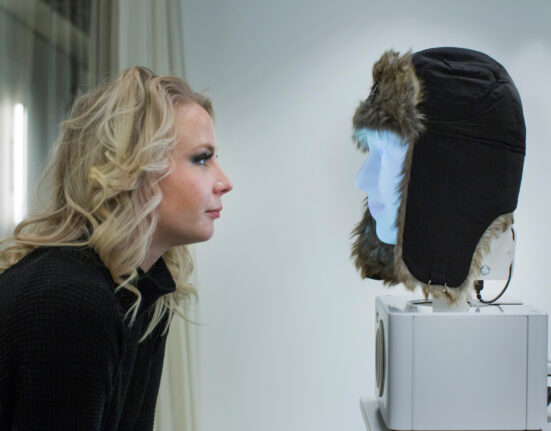Early intervention and support are crucial for getting injured workers back to work, according to one study. In the EU, the minimum time a worker has off following an injury is 4 days. But this can progress into weeks or even months if the injuries are severe as they may have been in a recent blast at a factory close to Stockholm. One male worker was injured following the explosion at the ammunition factory, although no further details were given. So, in cases like this where employees are injured on the job, what support can you get until you can return to work?
Financial assistance
Eurogip reports that falls are the most common type of workplace injury. This type of injury often occurs from a height and causes serious psychosocial and musculoskeletal pain. If you’re unable to work in Stockholm because of an injury like this, the Swedish Social Insurance Agency will help your finances stay afloat. The good news is that you can claim for any injury received at work or on your journey to or from work. You can also claim for lost income, as well as costs associated with your injury or illness. Another financial benefit is that you can claim additional costs for dental care, special aids, and overseas healthcare.
Safer working environment
Sweden’s Government has implemented a work environment strategy. The strategy’s goals include four key points and one of them is for all employees to have a safe working life where no worker puts their life or health at risk due to their job. To ensure that this aim is met, employers are encouraged to take steps to prevent workplace injuries, including implementing safety protocols, training employees, using safety equipment, and carrying out risk assessments. This is particularly crucial for employees returning to the workplace following an occupational injury as they may still be living with chronic pain. Things such as poor posture, excess standing, sitting in the same position for long periods, and repetitive strain injuries typically cause chronic pain. Employers must take the work environment strategy seriously and provide ergonomic furniture and wrist, knee, and back supports to make workers more comfortable.
Excellent healthcare
Most occupational injuries require some type of healthcare. Sweden’s healthcare ranked in 8th place in the 2022 World Index of Healthcare Innovation, so if you’re an injured worker in Stockholm, you can be sure that you’ll be well looked after when seeking help. Another pro is that healthcare in Stockholm is very affordable and, in some cases, free. In most cases, taxes cover healthcare costs and, if you do have to pay, you pay just a nominal fee for basic healthcare, which is in general just 110 to 220 SEK.
Regular occupational summit
Every two years, an occupational safety and health (OSH) summit is held in Stockholm. The aim of the most recent summit which took place in May 2023 was to abolish work-related deaths as part of the Vision Zero campaign, address workplace mental health, and raise awareness of occupational safety and health strategies. The OSH summit also focused on climate change and how extreme heat impacts safety in the workplace. Thankfully, the recent heatwave that has swept across Europe hasn’t impacted Stockholm and the rest of Sweden. But it’s certainly something that needs discussing as working in extreme heat causes heat stress and associated problems, such as heat stroke, heat exhaustion, heat cramps, and heat rashes. A recent study even found that work injuries caused by extreme heat are significantly undercounted.
Supportive programs
If you are injured in Stockholm in the workplace, you’ll have access to several different organizations that can help you with your injury claim. If you’re a member of the Swedish Trade Union Confederation (LO), you may be eligible for financial aid and legal assistance which will help you on your journey to recovery and return to work. There’s also the Swedish Work Environment Authority who set strict laws about working environments and working hours, in a bid to keep workers as safe as possible. 90% of Swedish employment agreements are also covered by collective bargaining agreements. As a result, all employers under this agreement will have insurance that covers workers injured in the workplace. The insurances they must take out include AGS, TGL, FPT and SAF-LO Collective insurance.
Every year, thousands of employees are injured at work. But, Stockholm and the rest of Sweden aim to put a stop to this under their Vision Zero plan. In the meantime, if you do get hurt at work, you can rest easy, knowing there is plenty of support and help available from government agencies, the welfare system, and insurance coverage.












